It's only mid-November, and Black Friday is (unofficially / officially?) already here. In fact, it’s been bombarding my inbox, taking over my screen and generally in my face since the first week of the month. It’s creeping in earlier and earlier and getting louder and louder each year.
Black Friday is supposed to arrive at the end of the month, the day after Thanksgiving. But tell that to my inbox, which has been bursting with "Black Friday Early Access!" and "Pre-Black Friday Doorbuster Deals!" since the first week of November. Tell that to the shops I walked past a week ago, decorated with urgency-inducing sale signs. Tell that to my phone, where my message inbox is steadily filling up with flash sale notifications from brands I don't even remember signing up for.
The sales are kicking off earlier and earlier each year, stretching what used to be a single frenzied day into a month-long assault on our attention and our wallets. The promo assault begins sooner and shops are getting busier weeks before the actual day arrives. And I'm standing in the middle of it all, watching my carefully planned approach dissolve under the sheer volume of "DON'T MISS OUT!" and "ENDS TONIGHT!" messages, the flash sales flooding in from every direction.
Even knowing better, even understanding the psychology at play - I still feel the pull. The tightness in my chest when I see "Only 3 left in stock!" The mental calculation of whether I'm missing something important. The niggling question: should I be taking advantage of these deals before they disappear? Especially as the cost of living continues to rise, who doesn’t want to save their dollars / dosh for something better?
If you've felt this too, you're not broken. You're human. And you're being targeted by some of the most sophisticated psychological marketing tactics in retail, delivered through more channels and more aggressively than ever before.
The Permission You're Looking For
Here's the key: It's okay to participate in Black Friday. And it's okay not to. The choice is YOURS!
There's no moral high ground in opting out entirely if that doesn't work for your life or your budget. There's also no shame in strategically using sales to buy things you genuinely need. The goal isn't perfection or purity. The goal here is consciousness around consumption - making choices that feel aligned rather than reactive.
You don't need to feel guilty about looking for deals. You also don't need to apologise for setting boundaries around consumption. Both paths are valid. What matters is that you're making decisions intentionally, not because a countdown timer is making your heart race and pressuring you to press buy now before you’ve fully thought it through.
What's Really Happening
Here's what you need to know: when products appear limited - either in quantity or time - our brains perceive them as more valuable, even when nothing about the actual product has changed. Research shows that artificial deadlines and countdown timers trigger the same urgency we'd feel in actually time-sensitive situations. That "24-hour flash sale" can actually hijack your decision-making, making you act on impulse rather than intention.
Understanding this doesn't make you immune to it. But it does give you the power to pause and ask: "Am I responding to actual need, or am I responding to manufactured urgency?" . This pause can be a powerful override.
Managing the Overwhelm: Curate your sale experience
I've learned to approach the inbox chaos strategically. In the weeks leading up to Black Friday, I subscribe to newsletters from the specific shops where I know I'll want to make purchases. This is intentional - I'm opting in to be informed about sales that align with purchases I've already planned.
But I also set boundaries. I don't check these emails first thing in the morning when my defences are down. And I unsubscribe ruthlessly from anything that doesn't serve a specific purpose or gets too pushy for my liking!
The practical bit: Create a separate email folder for promotional emails during Black Friday. Set aside 30 minutes to review them at a time that suits you, rather than letting them interrupt your day continuously.
The Difference Between Intentional and Impulsive
Before Black Friday arrives, I write a list. This isn't revolutionary, but it's powerful. The list includes:
Things we actually need (seasonal upgrades, replacing a broken appliance)
Planned gifts (birthday or Christmas presents I know we'll need to buy anyway)
Nice-to-haves with clear criteria (if the price drops below X, and it's something we've discussed wanting)
The list acts as a filter. When I'm tempted by something not on it, I ask myself:
Would I buy this at full price?
Did I want this two days ago, or only after seeing the sale?
Where will this go in my home?
How will this align with my life as it actually is, not as I imagine it might be?
Research on mindful spending shows that making purchases deliberately rather than out of habit or impulse leads to greater satisfaction and less buyer's remorse. When spending aligns with your values and goals, you're more likely to feel good about it afterwards.
When Budget Reality Meets Ethical Concerns
Here's where it gets complicated, and I want to acknowledge this honestly: many of us care deeply about ethical consumption, environmental impact, and supporting small businesses. We also have limited budgets and real needs.
You need new shoes for growing children, but the ethical brand costs three times what the fast-fashion retailer charges on Black Friday. You want to support local shops, but you're also trying to stretch your income to cover everything your family needs.
And then there's social media during Black Friday - a highlight reel of deals, hauls, and "amazing finds." It's easy to feel like everyone else is getting incredible bargains whilst you're either missing out or overspending. Remember: you're seeing curated moments, not full financial pictures. Your definition of "worth it" is the only one that matters.
I've found peace with this by remembering that doing something is better than doing nothing, and perfect is the enemy of good. The goal isn't to be perfect. The goal is to be thoughtful within your actual constraints.
The Real Win
The real success of navigating Black Friday consciously isn't about how much you saved or how little you spent. It's about how you feel afterwards.
Do you feel aligned with your choices? Do you feel in control rather than swept along? Do you feel satisfied rather than regretful? That's the measure that matters.
I still feel the pull of urgency. I still get tempted by things I didn't plan to buy. I still have to remind myself to pause, breathe, and ask whether this serves my actual life or just the fantasy version I sometimes imagine.
But each year, I get a bit better at distinguishing between genuine need and manufactured urgency. Each year, I feel a bit more grounded in my choices. Each year, I'm kinder to myself when I don't get it totally right.
BUYERS Begin Here
As Black Friday approaches, I invite you to consider: What would it look like to participate (or not participate) in a way that feels aligned with your values, your budget, and your wellbeing?
What if you gave yourself full permission to make whatever choice feels right for you, without needing to justify it to anyone else?
The retailers will always create urgency. The emails will always flood in. The countdown timers will always tick down. But your response to all of it remains entirely within your control.
You're allowed to buy the things on your list and feel good about the savings. You're allowed to opt out entirely and feel good about that too. You're allowed to do something in between, making choices that serve your actual life.
The only question that matters: Will you make these choices consciously, or will the urgency make them for you? My mantra to manage the 2025 Black Friday sales is definitely “more peace, less pressure”. What’s yours?

